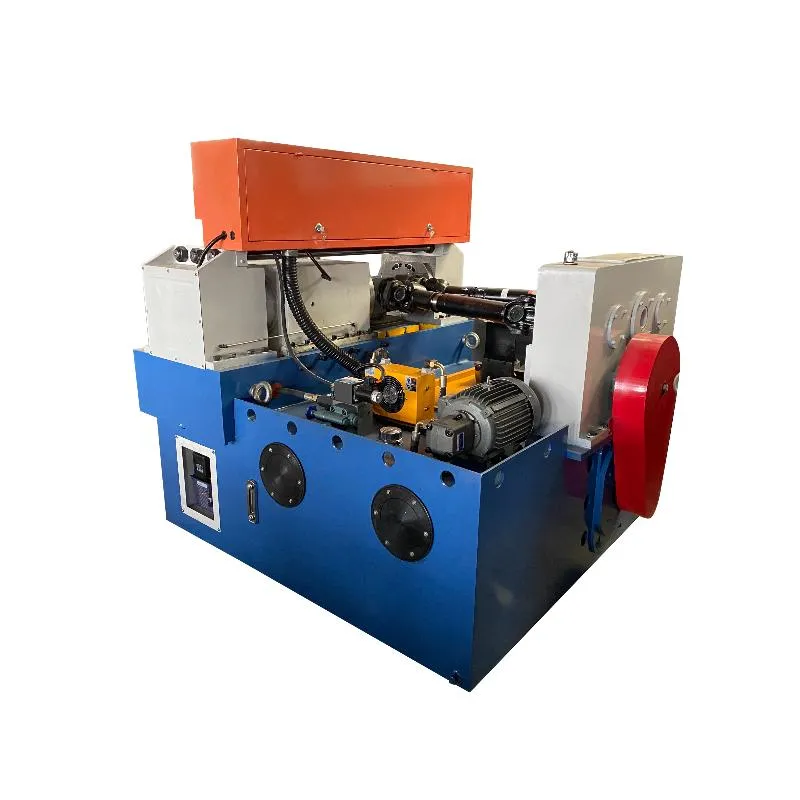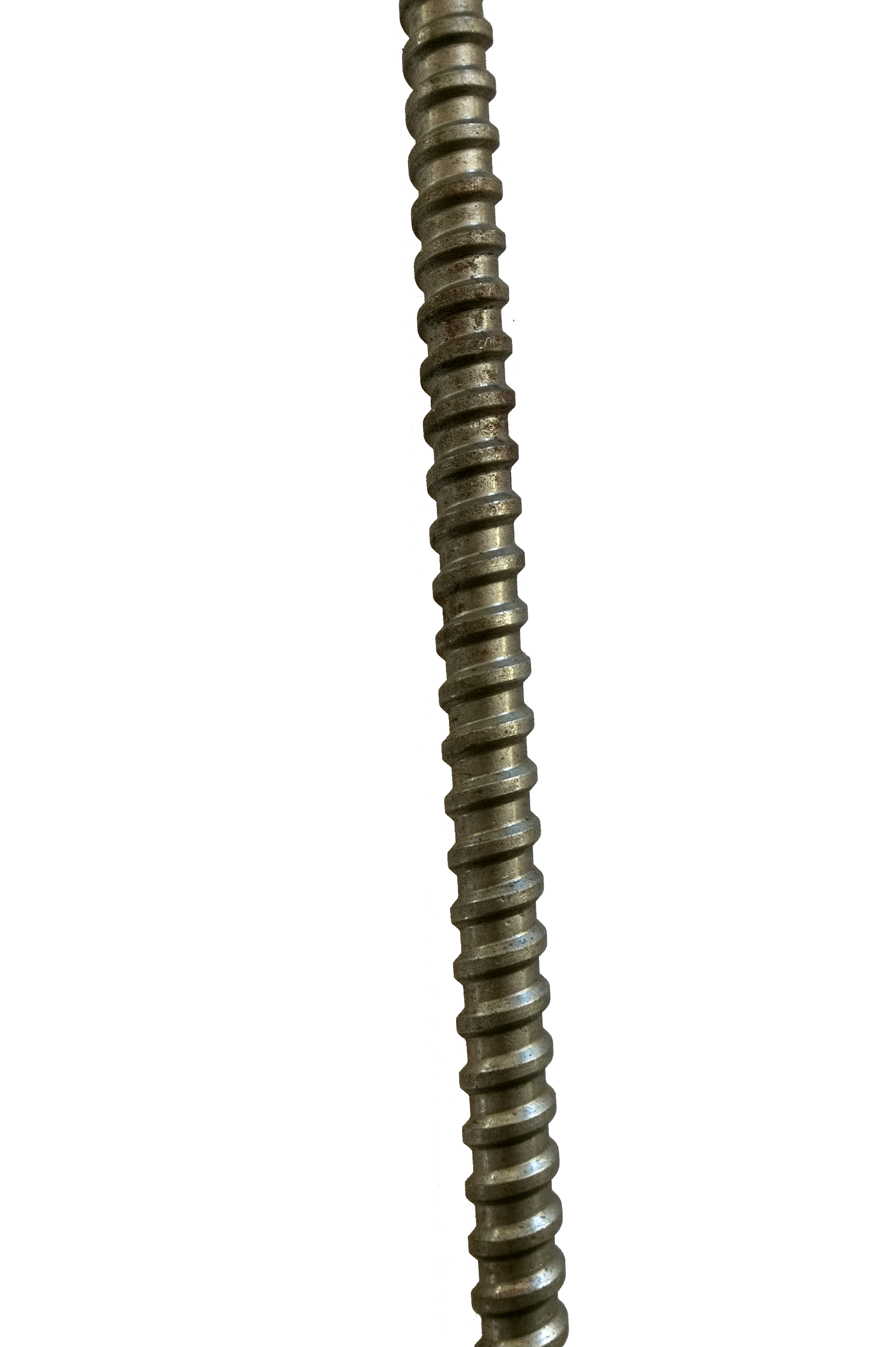
-
 Afrikaans
Afrikaans -
 Albanian
Albanian -
 Amharic
Amharic -
 Arabic
Arabic -
 Armenian
Armenian -
 Azerbaijani
Azerbaijani -
 Basque
Basque -
 Belarusian
Belarusian -
 Bengali
Bengali -
 Bosnian
Bosnian -
 Bulgarian
Bulgarian -
 Catalan
Catalan -
 Cebuano
Cebuano -
 Corsican
Corsican -
 Croatian
Croatian -
 Czech
Czech -
 Danish
Danish -
 Dutch
Dutch -
 English
English -
 Esperanto
Esperanto -
 Estonian
Estonian -
 Finnish
Finnish -
 French
French -
 Frisian
Frisian -
 Galician
Galician -
 Georgian
Georgian -
 German
German -
 Greek
Greek -
 Gujarati
Gujarati -
 Haitian Creole
Haitian Creole -
 hausa
hausa -
 hawaiian
hawaiian -
 Hebrew
Hebrew -
 Hindi
Hindi -
 Miao
Miao -
 Hungarian
Hungarian -
 Icelandic
Icelandic -
 igbo
igbo -
 Indonesian
Indonesian -
 irish
irish -
 Italian
Italian -
 Japanese
Japanese -
 Javanese
Javanese -
 Kannada
Kannada -
 kazakh
kazakh -
 Khmer
Khmer -
 Rwandese
Rwandese -
 Korean
Korean -
 Kurdish
Kurdish -
 Kyrgyz
Kyrgyz -
 Lao
Lao -
 Latin
Latin -
 Latvian
Latvian -
 Lithuanian
Lithuanian -
 Luxembourgish
Luxembourgish -
 Macedonian
Macedonian -
 Malgashi
Malgashi -
 Malay
Malay -
 Malayalam
Malayalam -
 Maltese
Maltese -
 Maori
Maori -
 Marathi
Marathi -
 Mongolian
Mongolian -
 Myanmar
Myanmar -
 Nepali
Nepali -
 Norwegian
Norwegian -
 Norwegian
Norwegian -
 Occitan
Occitan -
 Pashto
Pashto -
 Persian
Persian -
 Polish
Polish -
 Portuguese
Portuguese -
 Punjabi
Punjabi -
 Romanian
Romanian -
 Russian
Russian -
 Samoan
Samoan -
 Scottish Gaelic
Scottish Gaelic -
 Serbian
Serbian -
 Sesotho
Sesotho -
 Shona
Shona -
 Sindhi
Sindhi -
 Sinhala
Sinhala -
 Slovak
Slovak -
 Slovenian
Slovenian -
 Somali
Somali -
 Spanish
Spanish -
 Sundanese
Sundanese -
 Swahili
Swahili -
 Swedish
Swedish -
 Tagalog
Tagalog -
 Tajik
Tajik -
 Tamil
Tamil -
 Tatar
Tatar -
 Telugu
Telugu -
 Thai
Thai -
 Turkish
Turkish -
 Turkmen
Turkmen -
 Ukrainian
Ukrainian -
 Urdu
Urdu -
 Uighur
Uighur -
 Uzbek
Uzbek -
 Vietnamese
Vietnamese -
 Welsh
Welsh -
 Bantu
Bantu -
 Yiddish
Yiddish -
 Yoruba
Yoruba -
 Zulu
Zulu
Precision OEM Thread Rolling Machines High-Efficiency Working Solutions
- Fundamentals of thread rolling machine operation
- Technological advancements in modern thread rolling
- Comparative analysis of leading manufacturers
- Supplier selection criteria for industrial buyers
- Customization capabilities for specialized applications
- Implementation case studies across industries
- Operational advantages of OEM specialists

(oem thread rolling machine working)
The Core Mechanics of OEM Thread Rolling Machine Operation
Thread rolling machines utilize cold forming technology to shape metal components through plastic deformation. Unlike cutting techniques that remove material, this process displaces workpiece material between precisely engineered dies rotating in opposite directions. Industrial data confirms cold-formed threads increase tensile strength by 20-30% versus cut threads while reducing production time by 50-70%. The absence of swarf generation achieves material savings exceeding 15%, making OEM thread rolling machine working solutions environmentally advantageous.
Technological Advancements in Modern Thread Rolling
Contemporary CNC thread rollers feature closed-loop feedback systems maintaining ±0.005mm positional accuracy throughout production cycles. Advanced models incorporate IoT sensors monitoring critical parameters: hydraulic pressure (maintained at 15-25 MPa), roller alignment tolerance (±0.01°), and temperature fluctuations (regulated within 2°C). Modern machines achieve 98.5% uptime through predictive maintenance algorithms analyzing vibration signatures. Dual-pressure hydraulic systems enable rapid switching between 2-5 ton working pressures, facilitating multi-diameter threading without tooling changeovers. Thread rolling machine working companies now integrate laser measurement systems for real-time quality verification.
Industry Leaders: Manufacturer Capability Comparison
| Manufacturer | Max Workpiece (mm) | Production Rate (pcs/hr) | Accuracy Class | Customization Level |
|---|---|---|---|---|
| Precision RollTech | 150 | 2,400 | ISO 276-f | Full Tooling/Control |
| Global Thread Solutions | 80 | 1,800 | ISO 276-m | Standard Options |
| FormTech Industries | 200 | 3,600 | ISO 276-c | Complete System Engineering |
Evaluating Thread Rolling Machine Working Suppliers
Leading suppliers differentiate through technical support capabilities. Top-tier providers maintain 24/7 remote diagnostic services with average response times under 15 minutes. Genuine spare part availability exceeding 95% for critical components reduces downtime by 35%. Production validation services are essential - reputable thread rolling machine working suppliers conduct material testing laboratories verifying process parameters for each application. Third-party surveys indicate that suppliers offering application engineering support reduce setup time by 50% compared to basic equipment vendors.
Customized Engineering Solutions
Specialized configurations accommodate unique requirements:
- Multi-axis systems produce complex geometries like buttress threads at 68° angles
- High-temperature alloys processing at 1200°C with ceramic roller inserts
- Automated handling interfaces with industrial robots achieving 4-second cycle times
Prototyping services enable material testing before volume production - a critical step that reduces engineering change costs by 40% post-launch. Leading OEMs deploy FEA simulation to optimize die profiles, increasing tool life by 200% in demanding titanium applications.
Industrial Application Case Studies
Automotive: A tier-1 supplier implemented thread rolling machine working for suspension components. Results: 18% higher fatigue resistance and 95% reduction in warranty claims.
Aerospace: Thread rolling machine working company implemented tapered thread solutions for hydraulic fittings achieving 100% hermetic sealing at 5000 PSI. Certification to AS9100 standards enabled compliance.
Medical: Production of bone screw threads with 0.005mm surface roughness eliminated secondary operations. Validated to ASTM F543 Grade 5 standards.
Advantages of OEM Thread Rolling Machine Working Partnerships
Certified OEM specialists deliver quantifiable operational improvements. Production environments utilizing certified thread rolling machine working solutions report 22% higher overall equipment effectiveness versus generic alternatives. Technical collaboration throughout equipment lifecycles sustains performance: standard maintenance contracts maintain 99% availability beyond 100,000 operating hours. Process validation documentation ensures continuous compliance with evolving industry standards like ISO 9001:2015. This technical partnership model reduces total cost of ownership by 18-25% across typical industrial applications.

(oem thread rolling machine working)
FAQS on oem thread rolling machine working
Q: How does an OEM thread rolling machine work?
A: An OEM thread rolling machine uses cold-forming processes to shape threads onto cylindrical workpieces. Two hardened dies apply pressure to deform the material, creating precise and durable threads without removing metal.
Q: What should I consider when choosing thread rolling machine working suppliers?
A: Prioritize suppliers with proven expertise in OEM-grade machinery, customizable solutions, and after-sales support. Verify their compliance with industry standards like ISO certifications and material quality guarantees.
Q: What industries benefit from a thread rolling machine working company's services?
A: Automotive, aerospace, construction, and fastener manufacturing industries rely on these services. They ensure high-volume production of screws, bolts, and precision components with superior fatigue resistance.
Q: Can OEM thread rolling machines handle custom thread designs?
A: Yes, reputable suppliers offer customizable dies and adjustable settings for unique thread profiles. OEM machines are designed to accommodate specific tolerances, materials, and production requirements.
Q: How do I maintain a thread rolling machine for optimal performance?
A: Regularly lubricate dies, inspect alignment, and replace worn components. Partnering with certified suppliers ensures access to genuine spare parts and maintenance protocols tailored to your machine model.
